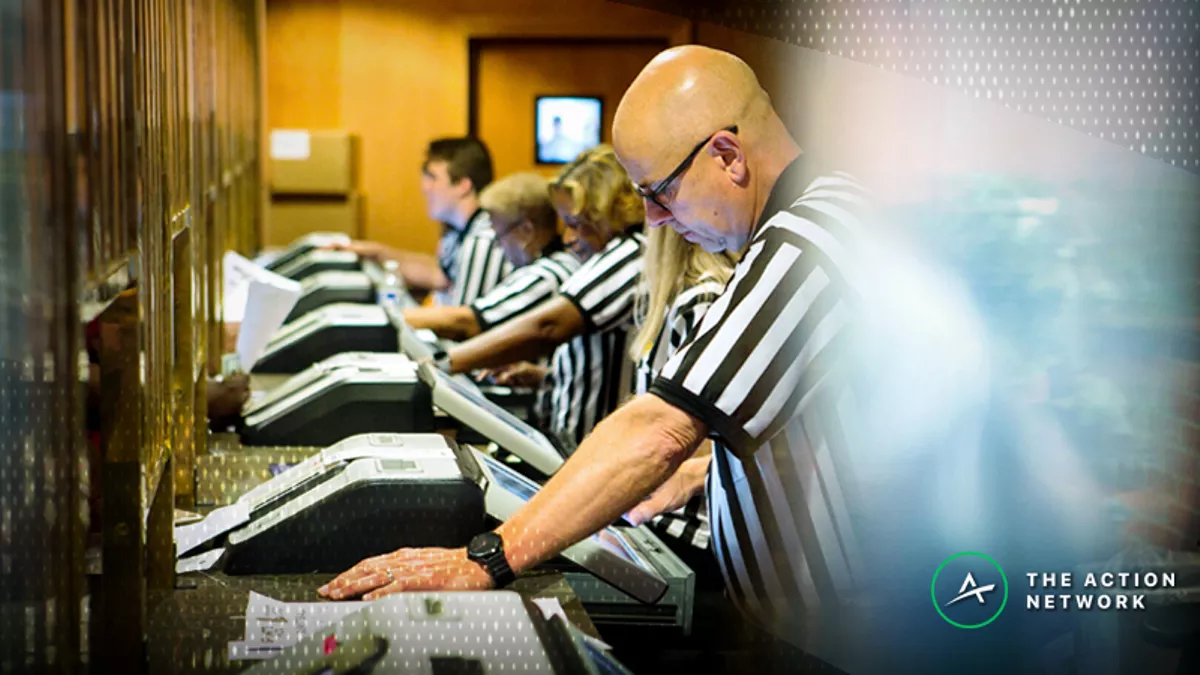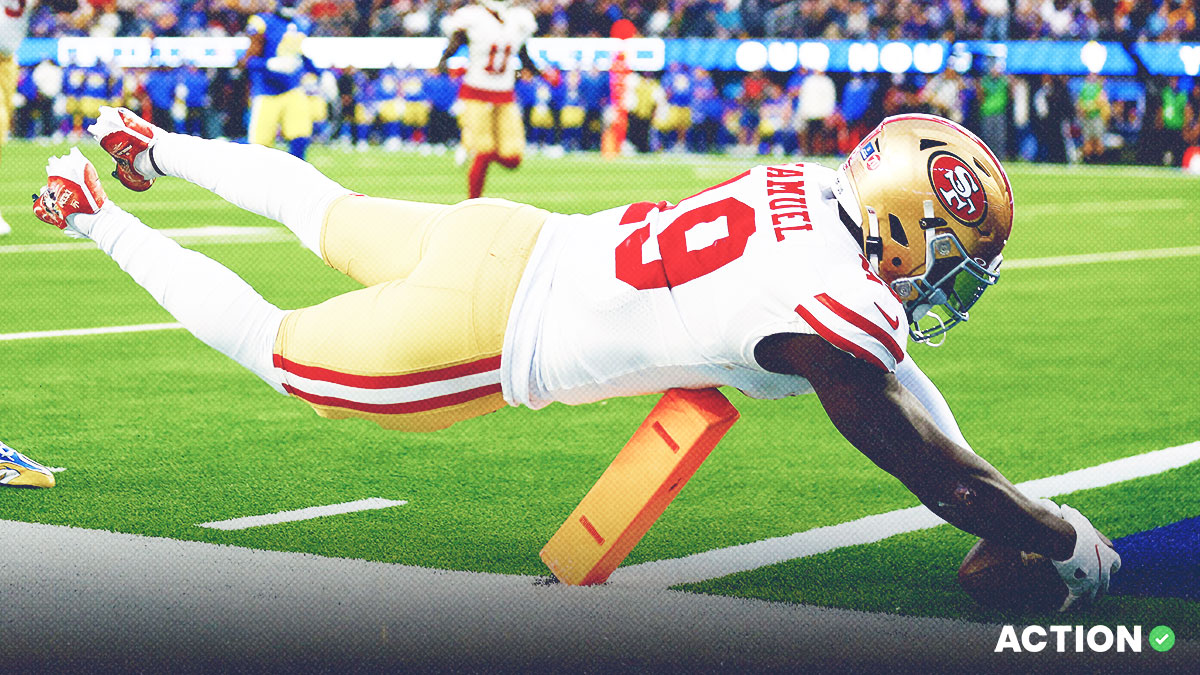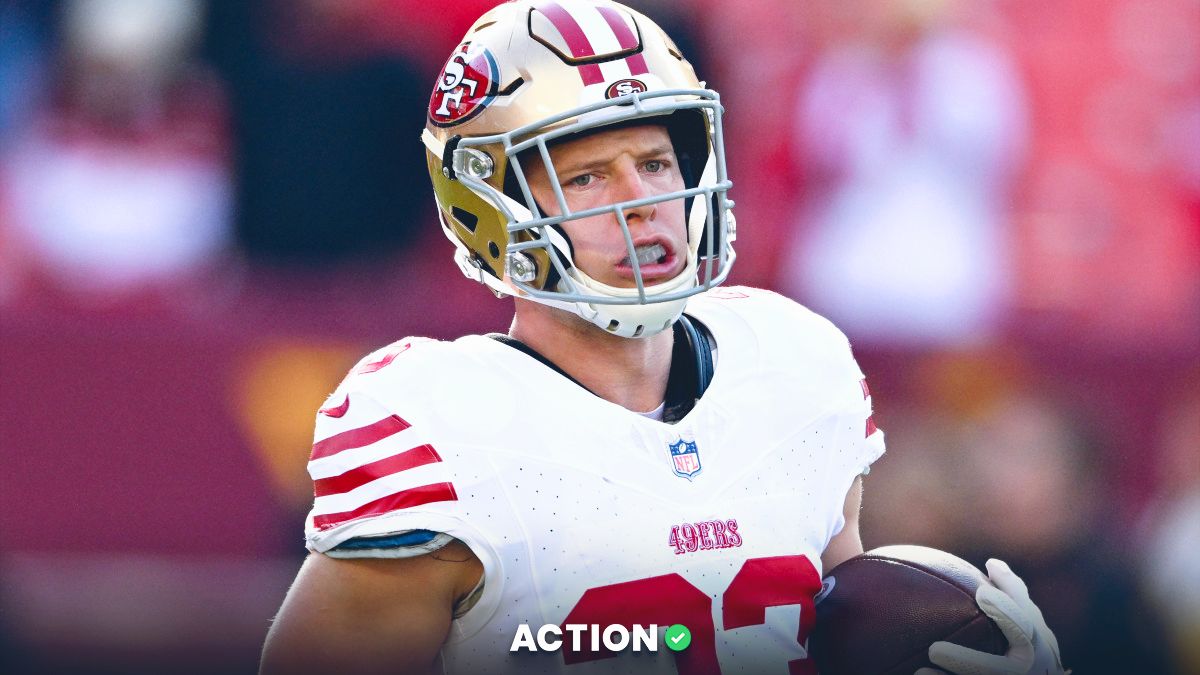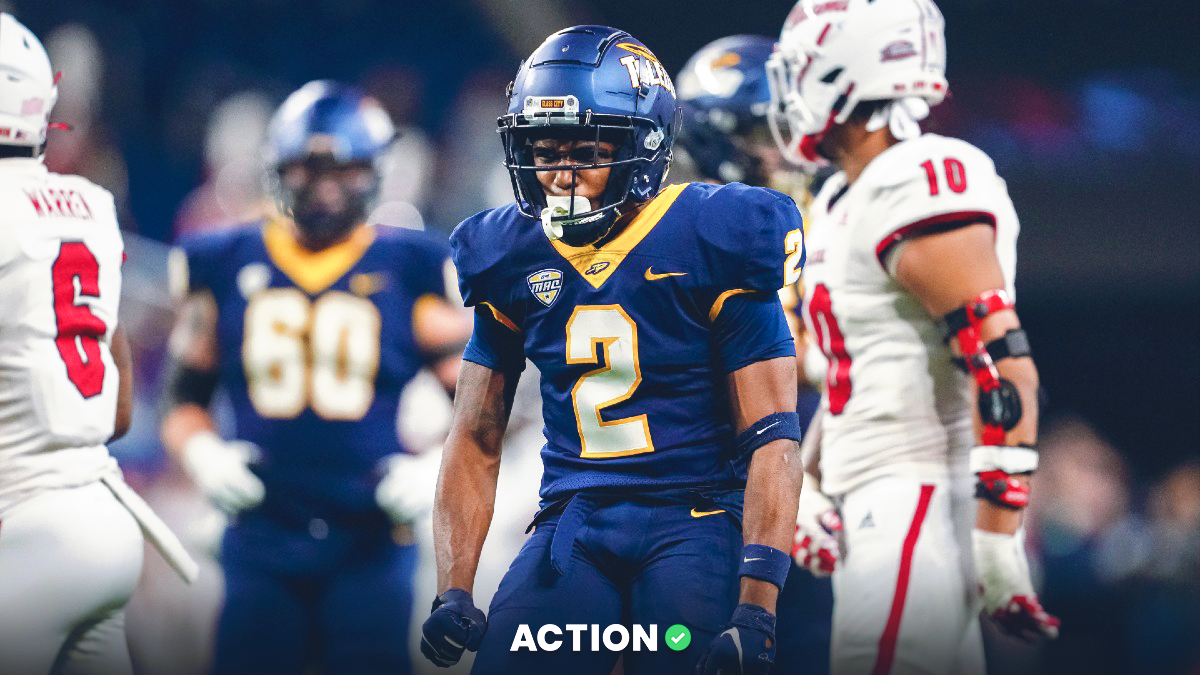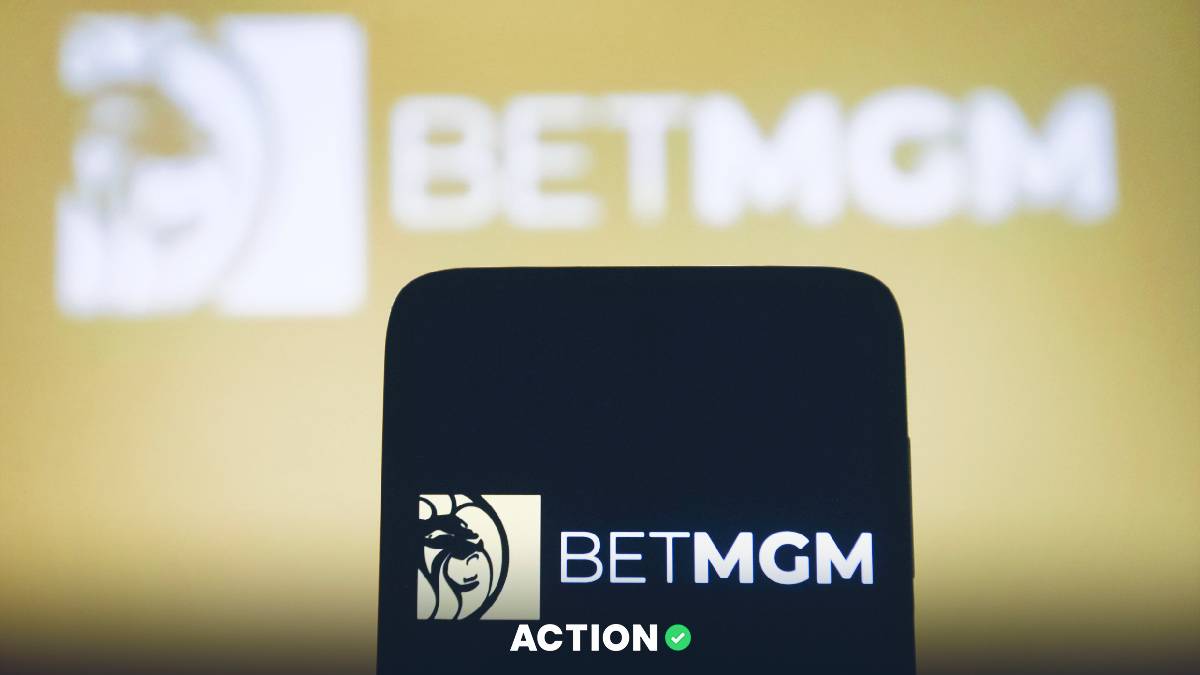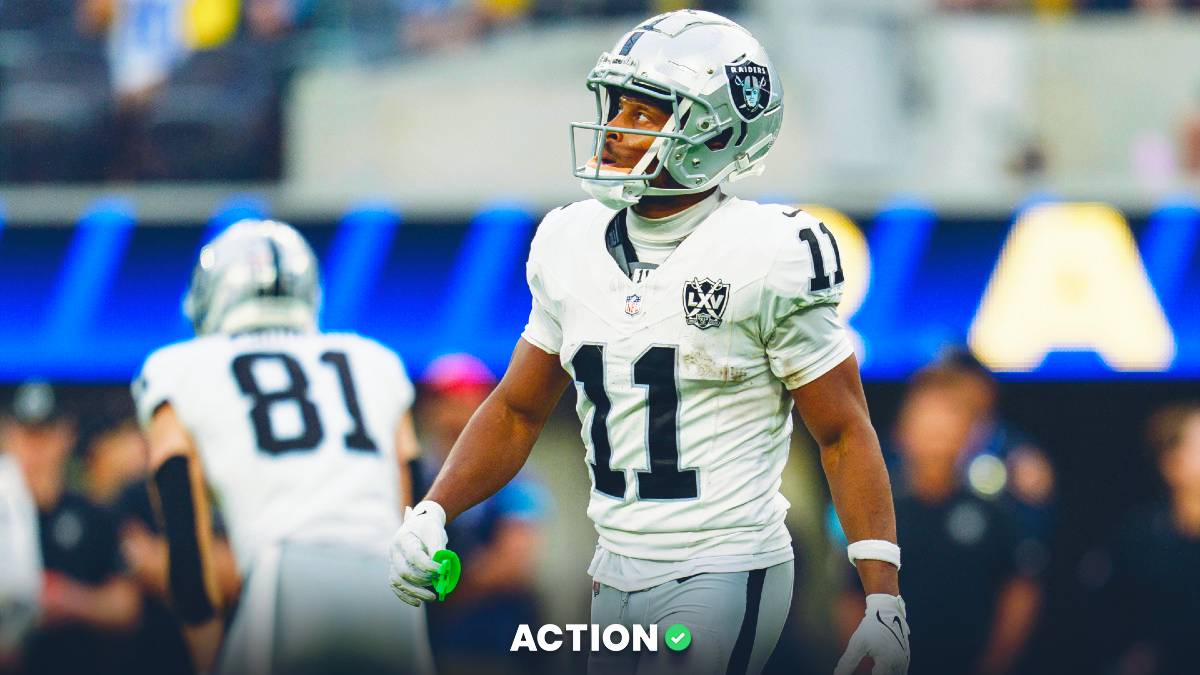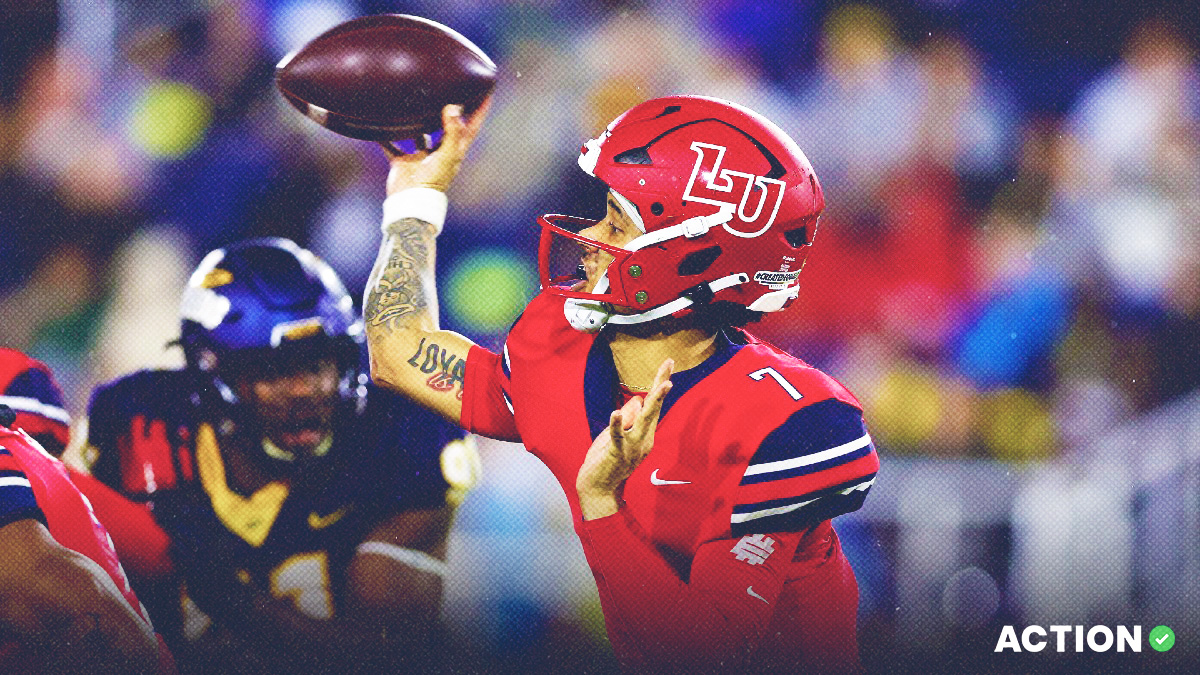While the most common sports bets involve picking between two teams in some fashion, there are plenty of bets in which more than just two options are available.
Think of, for example, picking a golfer to win a tournament, or a NASCAR driver to win a race. You could have anywhere from 40 to 150 names in the competition.
And while many sportsbooks will offer each and every one of those names, especially for the bigger events, there will be times where you won't have all the options available to you — at least not individually.
Instead of listing out 150 golfers with betting odds approaching some steep payouts toward the bottom, the book may stop after, say, 50, and present a 51st option marked as, "Field."
What is the field in sports betting?
Betting the "field" is the accumulation of all the possible event outcomes that aren't listed specifically in the presented bet. A bet on the field would be graded as a win if the outcome of the event was not one of the options listed on the betting line.
So, in the golf example above, betting the "Field" would result in a win if someone other than the 50 golfers listed ended up winning the tournament.
Why do sportsbooks list the field as an option?
There are a couple primary reasons for listing the field.
First, the sportsbook may want to limit their maximum payout. Instead of listing odds of, say, 300-1 on the most unlikely outcome, they can bunch together a group of unlikely outcomes into a package that pays out at a much more reasonable 20-1, for example.
And second, there are some bets in which oddsmakers may be unable to list all of the betting options, because they simply can't account for the full range of outcomes. This is almost exclusively limited to prop bets.
Say, for example, you are betting on the color of the shirt being worn by a coach in the Super Bowl. While it's probable that the outcome will be one of the team's primary colors, who's to say that he couldn't come out in something totally different? You can't possibly list every single color.
When betting on the field, shopping for the best line is a practical way to avoid one of the 9 common sports betting mistakes.
Having the ability to bet the field as an option allows the sportsbook to account for every possibility, instead of facing a situation in which they might have to refund bets for lacking the correct choice.



